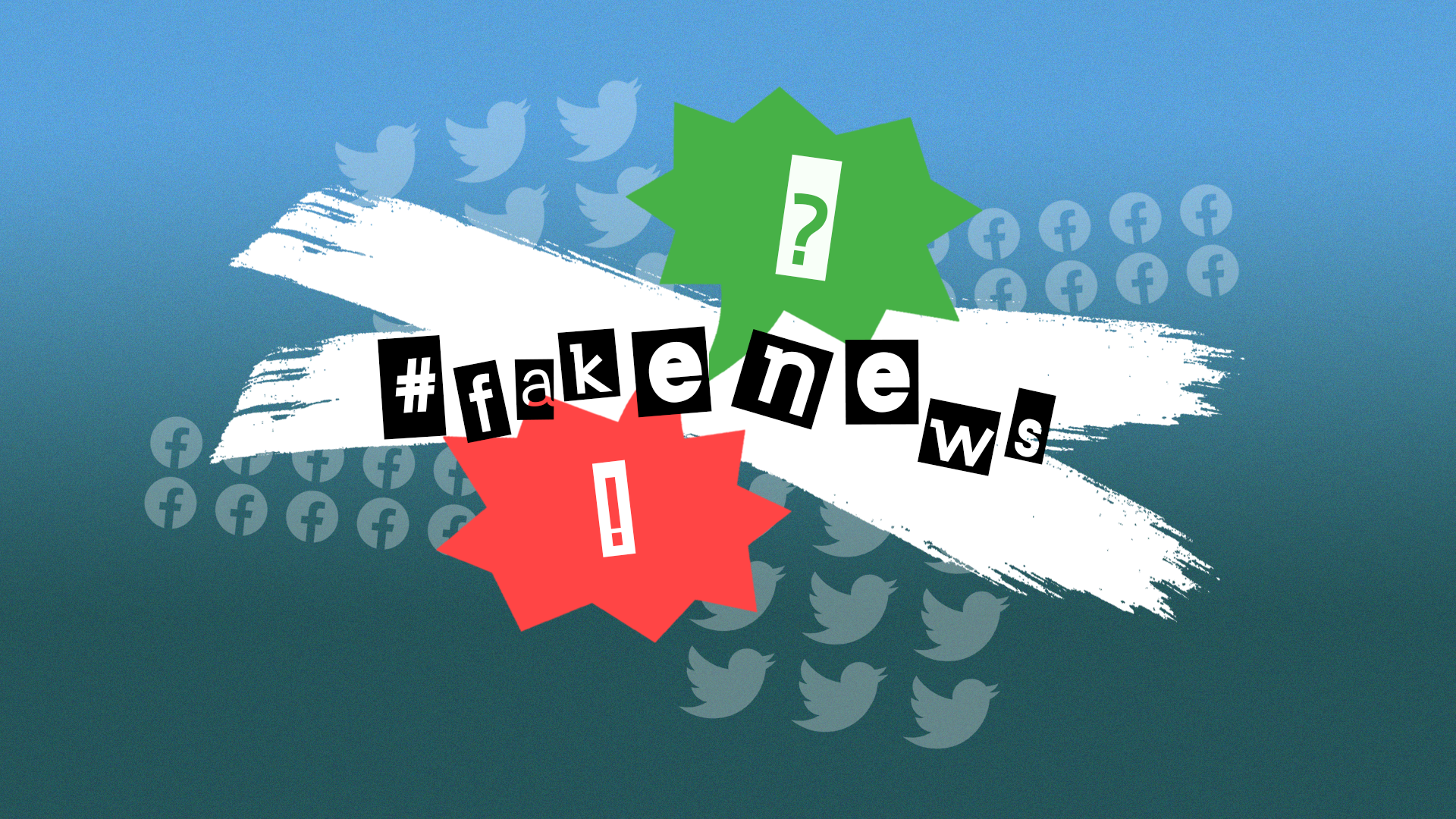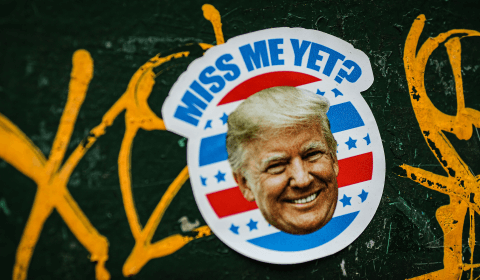Younger social media users are less likely to spread misinformation than their parents according to new research, which could help to slow fake news.
Gen Z are able to detect misinformation and dodgy articles much better than older generations, new expert polling suggests.
This shouldn’t be surprising given that teens and young adults understand the nuances of most social media platforms inside out. This is reflected in their behaviour online, with one study from Science Advances reporting that baby boomers share nearly seven times more fake news articles on Facebook than those aged between 18 and 29.
In other words, Gen Z seem to be able to understand the context of online content far better than older generations and approach news with scepticism and distrust. Misinformation and virtual echo chambers have caused significant upset to our politics in the last few years – and it continues to be a pertinent issue even now.
Why does this matter?
Fake news isn’t going to go away, but experts predict that it’ll be better understood and less impactful as Gen Z populate a larger portion of the voting demographic. You’ll be less likely to see your Facebook feed clogged up with questionable news columns in a few decades, though if we’re all still actually checking Facebook by then I will be shocked.
83% of Gen Z college students that were surveyed said their news comes from social media or online news sites, but only 7% thought social media was the most trustworthy news platform. That means plenty of us are reading about current affairs via Facebook, Twitter, and other social networks, but very few young people see it as consistently credible.
Online newspapers like The Guardian and BBC News are still in favour though, with more than half saying they found them to be the most reliable option. Gen Z seem confident in their ability to detect when a news story is bogus too, with 69% saying they found it very easy – and over half said they think its harder for older people.
As well as being able to decipher real from fiction, Gen Z also demonstrate a greater understanding of the algorithms and recommendation systems on social media apps. They’re able to engage with likes, comments, and shares in a way that deliberately alters their feed.
I’m sure you’ve done it yourself, following and engaging with creators that you genuinely like, knowing that it’ll produce related content and profiles to follow. 46% of college students said they intentionally do this, and many older generations don’t fully understand how these metrics are used to create the content they see.
Ultimately, it seems clear that Gen Z are the best generation at fully grasping how social media content is brought to their screens, and can use that information to create social change and conversation that benefits them. We’ve already seen this happening in the last few years – and it’s only set to increase.




















